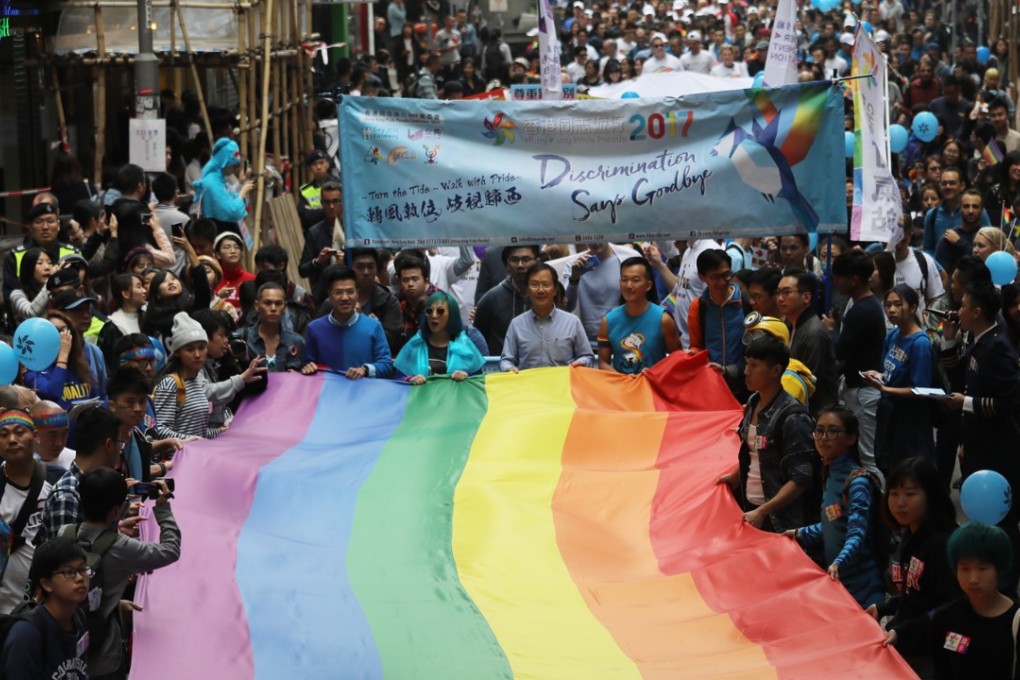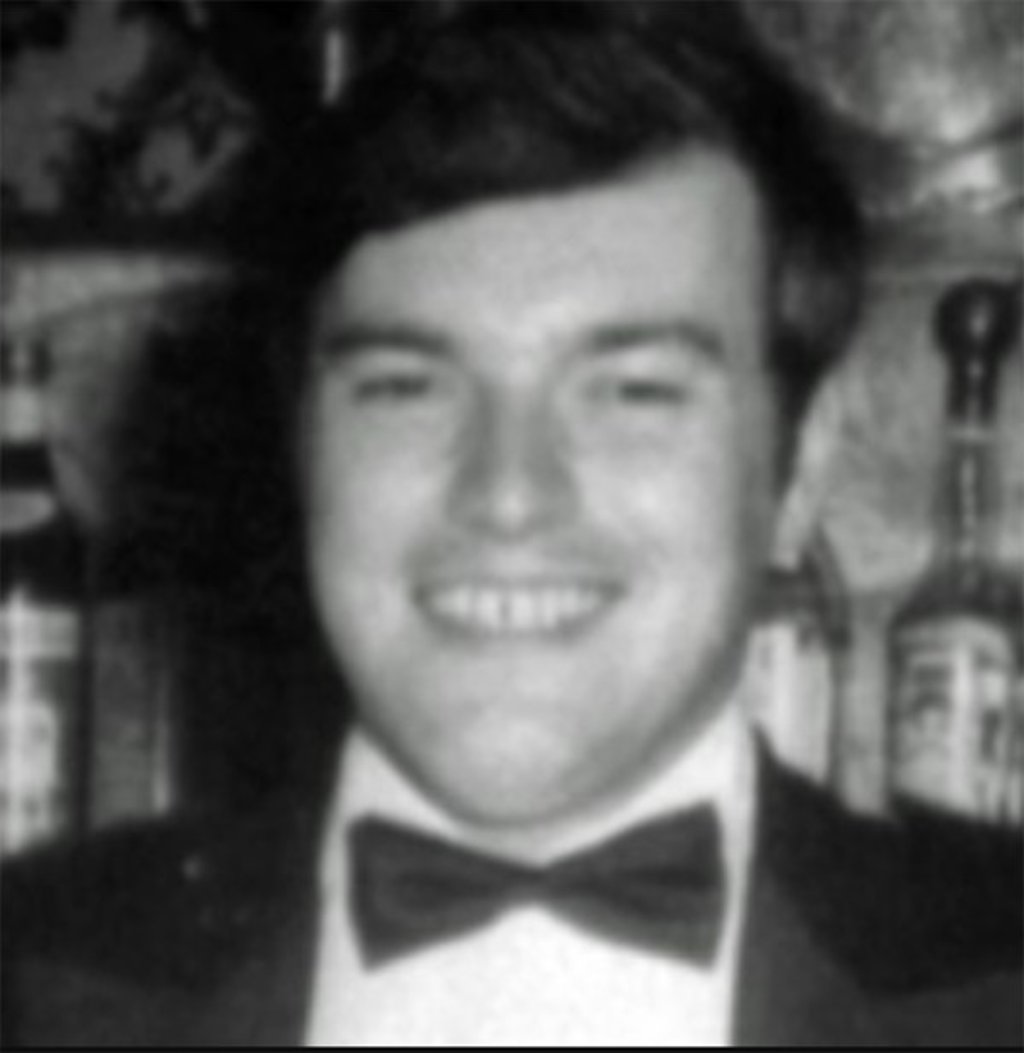Anti-gay feelings still linger in Hong Kong, as hate speech on viral Facebook video revealed

Last week, a video went viral on social media, especially Facebook, and local forums, including HK Golden. In the video, a Hong Kong crowd was seen cheering on a sensational, rare “match” in Sheung Wan, watching a man have sex in his flat, with someone who was later found to also be a man.
Netizens left heaps of comments, some labelling the incident an “alternative World Cup” match, and some involving hate speech targeting the gay couple’s sexual orientation. Some social media users left homophobic slurs while others threatened to have the pair jailed for breaking public decency laws, or to even euthanise them.
At times, I feel that our society has never learned the right lessons from MacLennan’s death. His death was a sign of the lack of social acceptance of homosexuality – traumatising homosexual people and, in most extreme cases, resulting in unnecessary, tragic incidents of self-inflicted death.

A Death in Hong Kong review: the last word on gay policeman case
Decriminalisation of homosexuality is just a baby step towards removing the legal sanctions imposed on homosexual people. Only through the legal enforcement of anti-discrimination laws can we minimise any socio-cultural sanctions inflicted on those sharing a different sexual orientation than the sexual majority. Otherwise, sexual insults and discrimination will remain ubiquitous.